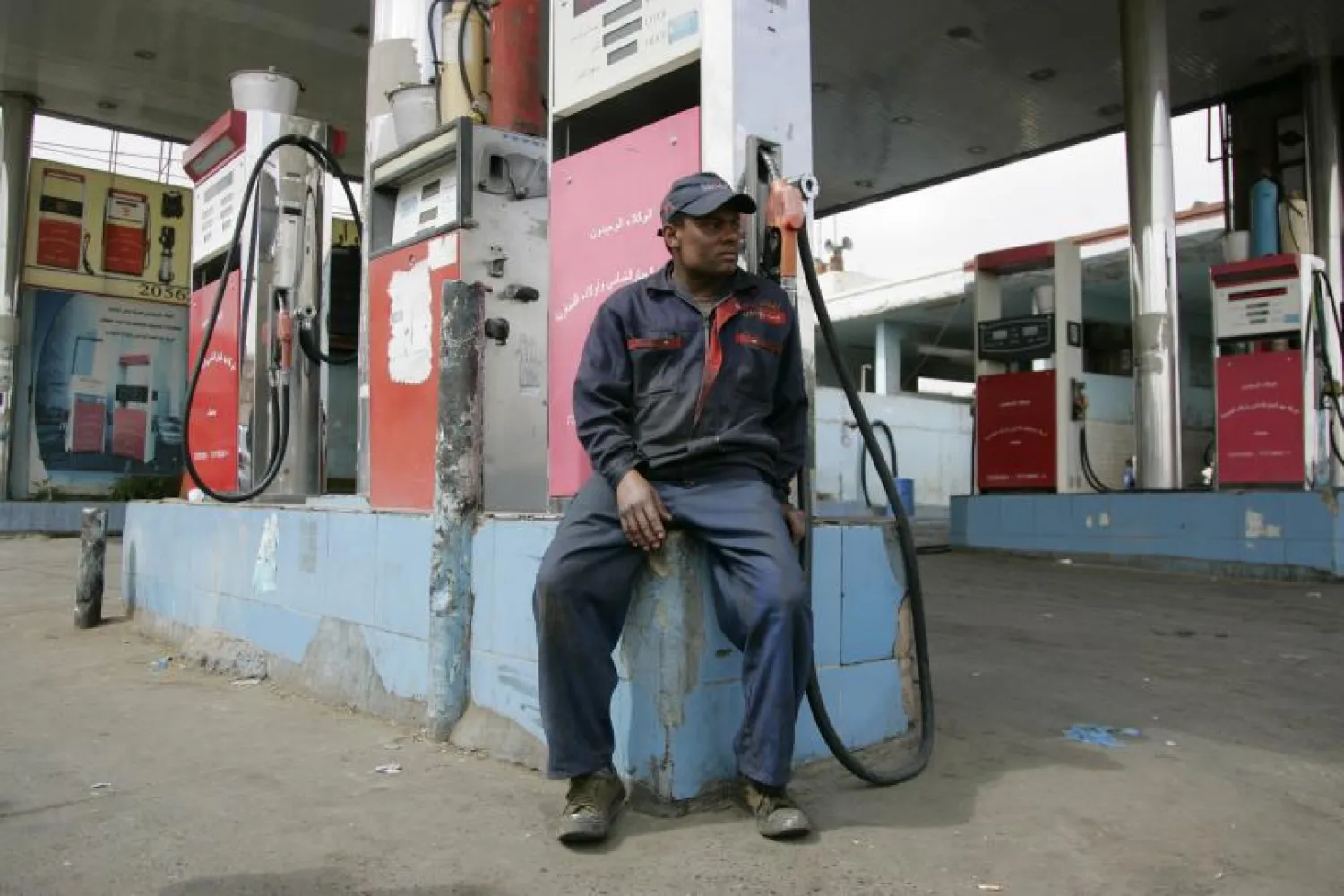Houthi insurgents, controlling Yemeni capital Sanaa, established black markets for selling fuel and its various derivatives, as well as exchanging currencies in areas outside the legitimate government's control and away from the supervision of financial transactions censorship.
Not only that, insurgents also invented mobile fuel stations that goes around cities selling oil and petroleum.
A spokesman for the Yemen Petroleum Company, affiliated with Houthis, accused Sanaa insurgency authorities of "fabricating a crisis."
The emergence of black markets coincided with a decision against banning fuel traders’ control and interference with the quantities allocated to them. This decision was taken by Saleh al-Samad, chairman of the Political Council, which was formed in accordance between Houthis and former President Ali Abdullah Saleh.
Rebel Minister of Finance Saleh Shaaban also decided to freeze oil company’s bank accounts.
Several roaming black markets emerged in many of Houthi controlled cities for oil and currency exchange. Activists in Hodeidah posted pictures of people selling petrol and diesel in small cars.
People were no longer standing in lines at the gas stations after the "black market" completely replaced the government. In addition, all stations increased oil prices by 70 per cent.
Yemen Petroleum Company's spokesman, Anwar al-Amiri declared that oil has been available in all areas even though oil carriers are not able to reach the capital, meaning the black market was planned a long time ago.
The spokesman, who is a Houthi affiliate, said that data revealed over the past 72 hours, confirm without a doubt that the fuel crisis is just a fabricated crisis.
He also said that: head of the Supreme Political Council Saleh al-Samad and Minister of Finance Saleh Shaaban, and before them head of the so-called "Supreme Revolutionary Committee"Mohamed Ali al-Houthi, hold the full responsibility for the crisis.
Al-Amri went on to say that the decisions under which the oil company was suspended and turned into stores for oil derivatives traders are among the main reasons for the rise in oil prices, which in turn led to the imposition of a new dose.
Observers suggested that recent developments in Yemeni oil market raise the questions about the source of oil quantities in the black market, especially in light of statements by the insurgency government claims there are no oil derivatives in the country.









